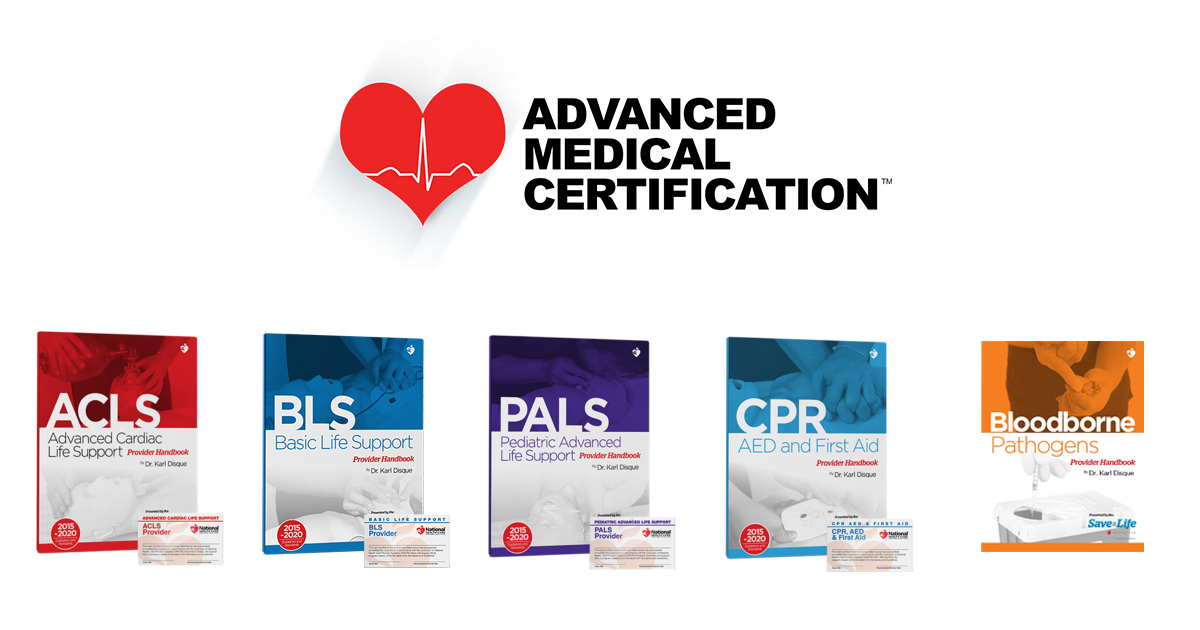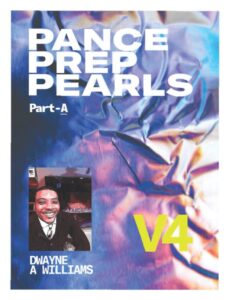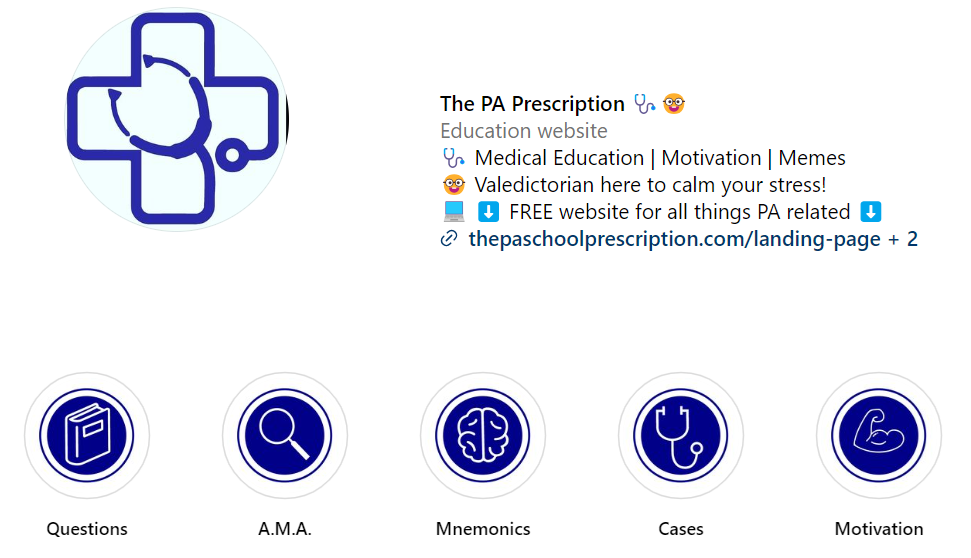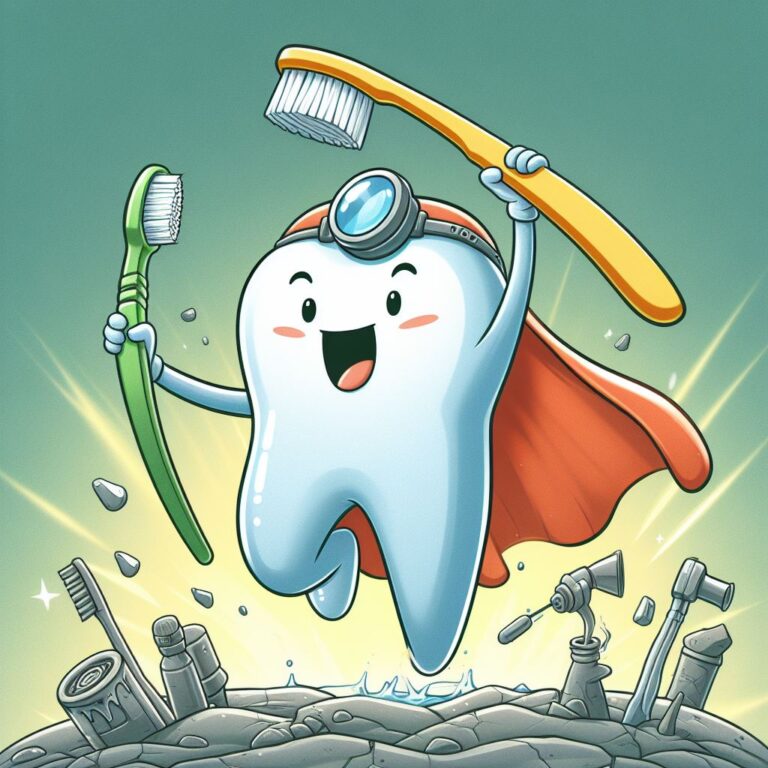
Today in 10 minutes or less you’ll learn:
- State legislation causing fear in practicing providers
- Interview highlights with a legend in the PA field
- “….I’m usually this pale, I’m Irish!”
Providers Discouraged on Practicing in Fear
|
|
This survey of over 200 pediatric endocrinologists in the United States examined the impact of state-level legislation aiming to ban gender-affirming care for transgender youth. The authors found that providers practicing in states with bans in place or proposed bans, were significantly less likely to offer gender-affirming medical care compared to those in states without such laws. Providers in states with bans reported substantially higher rates of institutional pressures limiting their ability to provide care, concerns about legal liability, potential career repercussions, and threats to personal safety. Even providers in states without bans expressed concerns about legal risks and personal threats. The authors conclude that laws restricting access to gender-affirming care negatively impact providers’ ability to deliver this standard, essential medical care to their patients. They call for advocacy efforts to overturn bans on gender-affirming care in order to protect patient access as well as provider safety and well-being. The findings suggest that these laws undermine appropriate care and may worsen existing shortages in pediatric endocrinology. No bueno.
Interviewing a legend in the PA field
|
|
So, as I started becoming more active on social media, I was honored to be complimented by a complete stranger on the internet. After a short phone call with this individual about both of our passions toward the PA Profession, teaching our colleagues and helping aspiring PAs, I quickly realized I was talking to a legend of the industry. I’m talking about Erich Fogg. Erich has been a practicing PA for 25 years. His journey started as a pre-professional sports biology student at Springfield College in Springfield, MA. When he applied to PA school in the early 1990s, there were less than 50 programs in the country. He felt lucky and honored to attend the Emory University PA Program in Atlanta, GA. Studying at Emory afforded him quality faculty, accomplished mentors, and a strong network of clinical training opportunities. He particularly enjoyed his emergency medicine rotation at Grady Hospital in downtown Atlanta. He spent much of his early career working in emergency medicine at a critical access hospital in rural Georgia, then a tertiary care hospital when he returned to New England.
Erich’s passion has always been about service, trailblazing within the PA profession, education, and advocacy. He has mentored hundreds of pre-PAs, PA students, and professionals. He has been a faculty member and a Program Director of a PA Program. He served on national boards for PA organizations, as well as Chair of the PA Advisory Committee to the State Board of Licensure in Maine. He developed a CME company for PAs and NPs. He shared his love of medicine by teaching thousands of providers and administering over one hundred CME programs.
Currently, Erich’s role is lead clinical provider, hiring manager and Director of Walk-In Services at a small, progressive, community hospital in southern Maine. He believes PAs have an obligation to lead, teach, and leave the profession better than the way they found it; this is why he uses his expertise to give back and coach aspiring PA’s and PA students! Because he has been where you are, you know you’ll be in good hands. To learn more about Erich and his coaching masterclass click here.
“I’m just Irish, why do you want to do blood work?”
|
|
It was the peak of the 2021 COVID-19 surge and this geriatric woman walked into the urgent care clinic where I was working. Her chief complaint was sinus congestion, runny nose and headache for 2 days after a recent COVID-19 exposure. Her vital signs were absolutely perfect. The patient was not taking any OTC medication and only took prescription medication for her blood pressure. As I was talking to this patient and began my exam, my brain started to ponder, “She looks really pale right?” As I continue my exam and questioning the patient’s husband, who is also in the room, begins to chime in and make small talk about the weather. I quickly comment on the humidity (always my go-to option for living in New York) and then asked the husband, “Is this her usual skin color, or does she look pale to you?”
“Ehh, she looks alright,” he says
“I’m Irish, I always look like this,” she says. (followed by a chuckle)
This is when my medical gestalt began to kick in.
“Do you have any shortness of breath, chest pain, dizziness, or lightheadedness?” I asked.
“No,” she responded
“Let’s do this, can you walk the length of the hallway for me? I just want to see your exertional vitals.” I asked
All exertional vitals were absolutely perfect.
Now, mentally, I just take the situation for what it is. Is she really just Irish and has a pale complexion? She felt perfectly fine despite a little congestion. During this tug of war in my head, my medical gestalt won. After a few playful jokes and educating the patient on what I was concerned about, I was able to convince her to do some blood work.
|
|
You are reading that correctly.
Normal range of Hemoglobin 12-16
Patients hemoglobin: 4
Panic mode activated.
This was one of the lowest hemoglobins I had ever seen in clinical practice and, mind you, I was working in an outpatient clinic that day. So I immediately called the patient, educated them on the lab’s results and told them how critical and emergent the issue was.
Fast forward. The patient had a great outcome after a nice stay at a nearby hospital.
Moral of the story: Trust your gut and medical experience!
Thats all for today.
Thanks for reading,
|
|










